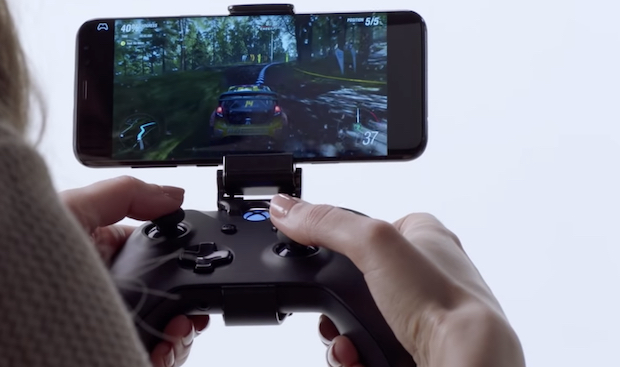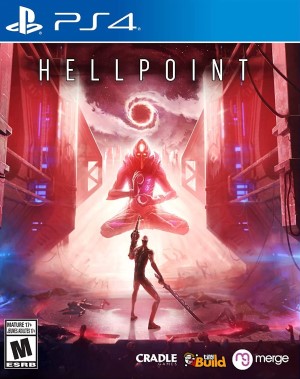If you were to believe EA, and Ubisoft, and Microsoft, and Google, and even Sony with PS Now, you would think that game streaming is the future. Indeed, it’s something we have heard for over a decade now, but with more and more big players beginning to throw their hat into the ring, you have to wonder whether or not there might be some merit to the argument this time around.
Speaking to Marc-André Jutras, a veteran of Ubisoft and Activision, having worked on multiple AAA games in the past, and currently working with brand new studio Cradle Games on the stark looking science fiction RPG Hellpoint, we decided to ask him what he felt about the future of streaming as a means of games delivery and consumption for the industry and the medium.
“I know that in some countries of the world that kind of streaming is becoming more popular. I know in Brazil there is a streaming company that is very popular, because people don’t have money to buy a console, and would rather pay $10 a month and play a variety of games by streaming,” he said. “I think it will become more popular, but I don’t think it will replace proper hardware. Because playing Call of Duty on streaming? That just doesn’t work. When you consider internet infrastructure, it means that instead of you clicking a button and getting the feedback on your screen, you have 100ms of lag for the input, another 100ms of lag for the output, as the data travels to and from your client, and if the host machine processing the data also has its own delay, then there’s another 100ms or so of latency added. Can you imagine playing Call of Duty with that kind of latency? Where it takes 100ms for the server to just know you are firing a gun?
“I think it works well with offline games. But the moment you take something online, like a shooter where you need a split second reaction, it doesn’t work. So will it be popular? I’m not sure.”
One of the things we have heard, however, is that the companies investing in streaming this time around are trying to sidestep these kinds of issues. So we asked him if he felt that Sony and Microsoft, for example, were equipped to deal with these problems. According to him, these are not problems you can throw money at to make them go away
“The problem is that it’s not something you can suddenly throw money at and make the problem disappear. The network latency in the last 20 years hasn’t moved much. We are limited by the speed of light when it comes to this in the end. The data from your computer to your router to your neighbourhood ISP to whatever switch to node to node to the server farm… you will end up with lag, there’s nothing you can do about it.”
Streaming, then, will not define the next generation of game consoles—rather, it will be a means to expand the reach of gaming into new markets, like the aforementioned Brazil, as well as India and China.
“No, it will offer games to a new market that can’t buy consoles [at the level of sales that happen where console gaming is popular like in the USA], like China and India, and to those who don’t have hundreds of bucks to buy a PlayStation,” he said. “But if for $10 a month, they can play 10% of the PlayStation catalog that works well with streaming, that’s awesome, and it’s a lot of revenue for Sony as well. And it makes sense for Sony to have PS5 be backward compatible too, because it opens up thousands of games for the streaming catalog.”
It’s an interesting take, and I do agree that streaming in and of itself will never replace traditional gaming, no matter what. Given the relatively poor infrastructure for internet in some countries, I don’t know if it will necessarily take off there as a replacement for console gaming, but I certainly see it having a better future on that front than as a means for mainstream games consumption, that’s for sure.
















